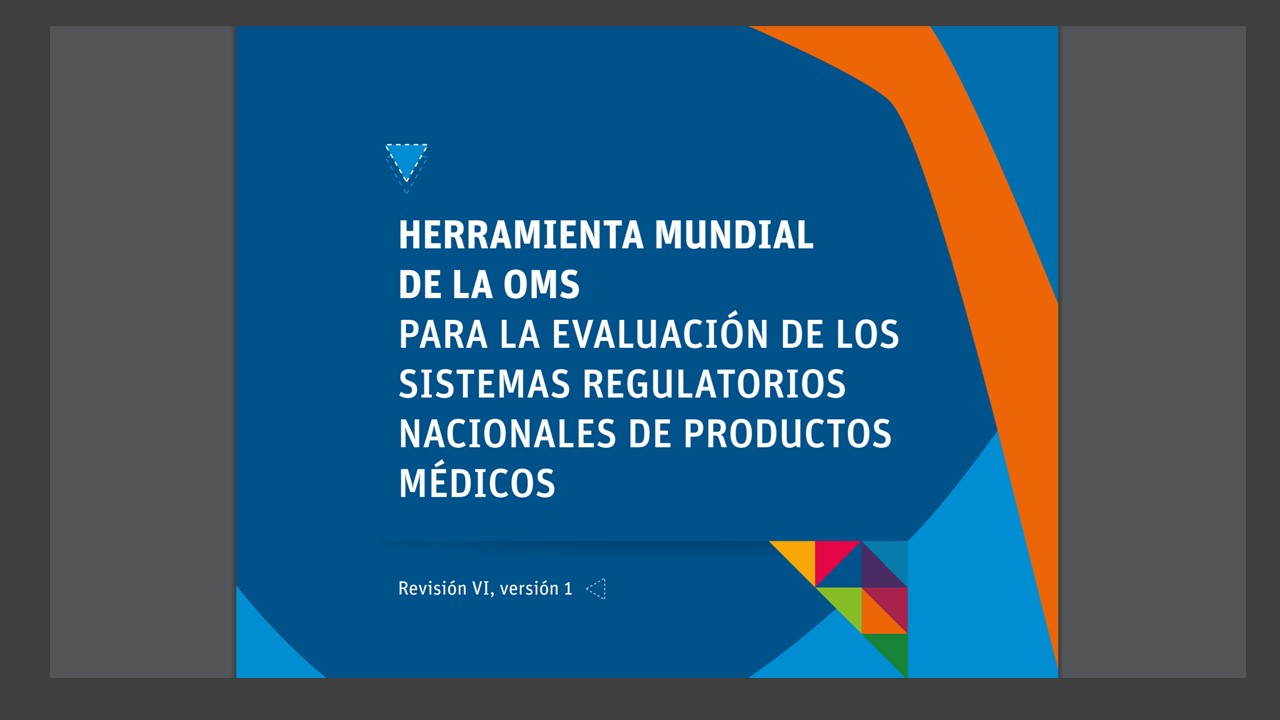PAN AMERICAN HEALTH ORGANIZATION www.paho.org
WORLD HEALTH ORGANIZATION www.who.int
News and Public Information
News release
Work to develop a COVID-19 vaccine is faster than ever but safety and efficacy processes remain unchanged, PAHO Director says
However, while spikes in cases continue in the Region, countries must ensure a sustained response until a vaccine arrives.
Washington D.C., October 21, 2020 (PAHO) – While the Americas urgently awaits a breakthrough, the Pan American Health Organization (PAHO) will only support the distribution of a vaccine that has proven to be safe and effective in clinical trials, reviewed by National Regulatory Authorities and recommended by the World Health Organization (WHO), PAHO Director Carissa F Etienne, said today.
“It is important to emphasize that while we’re working to develop a vaccine faster than ever before, the process to guarantee its safety and efficacy is unchanged,” Etienne told a press briefing in Washington, DC. She noted that there is a pipeline of more than 180 vaccine candidates under study, with 11 in phase III clinical trials.
What has changed “is the unprecedented attention on the vaccine development process,” she added, highlighting the “over-abundance of information from a number of sources, some less reliable than others and not based on science, which has led to confusion and misinformation around vaccine safety.”
The PAHO Director emphasized that vaccines are designed and manufactured with safety in mind. Once a COVID-19 vaccine proves safe and effective in a clinical trial, regulatory agencies thoroughly evaluate the data prior to granting approvals and WHO will also oversee an independent review process before granting its own recommendation.
“How we communicate about COVID-19 will make our ability to control the pandemic,” she said, calling for countries, the media, regulatory authorities, the private sector and the scientific community to come together to provide the public with “clear, concise and science-based information about a future COVID-19 vaccine.”
Access to vaccines
An important factor to establish trust in the new vaccines is to ensure their accessibility to all countries, and PAHO is supporting countries to gain access to these vaccines through the COVAX facility, Etienne noted.
“Virtually every country in Latin America and the Caribbean has joined or is in the process of joining the facility,” she said, and countries are taking legal and budgetary steps needed to participate in this innovative global partnership. “We are actively collaborating with financial institutions, like the Inter-American Development Bank, to support countries in our region access the funding needed to purchase vaccines through the COVAX Facility when they are available. Etienne added.
“PAHO’s Revolving Fund, with more than 40 years of experience providing affordable and quality vaccines to countries in Latin American and the Caribbean, will be, along with UNICEF, the purchase mechanism for the COVAX facility,” she said.
In the Caribbean, 11 countries will receive financial support for initial payments to join the COVAX facility, she said, in collaboration with the Caribbean Public Health Agency and the European Union.
COVID-19 in the Americas
The PAHO Director noted that there have been over 40 million cases and over 1.1 million deaths worldwide due to COVID-19, including 18.9 million cases in the Region of the Americas and over 610,000 deaths as of October 20. “Across our Region, around 100,000 people continue to test positive for COVID-19 every day,” Etienne said.
Trends show cases rising in the United States and Canada and plateauing across Central America, while most new cases in the Caribbean are related to non-essential international travel, Etienne noted.
These spikes show that while the region is “hard at work preparing for a vaccine, we must also keep a strong and steady course to continue fighting the virus without one.”
She urged all countries to “prioritize a transparent and proactive communications approach for COVID-19. The people of our region crave clear guidance. Communicating effectively and consistently about what they can do to protect themselves and avoid infection remains vital.”
Etienne added that “Testing, treating and isolating cases, as well as tracing contacts are all part of a good surveillance strategy and too few countries are doing this well in our region. It is as important now as it was in April. And it will be even more important once we have a vaccine.”
Further information at: https://www.paho.org/en/news/21-10-2020-work-develop-covid-19-vaccine-faster-ever-safety-and-efficacy-processes-remain#:~:text=Next-,Work%20to%20develop%20a%20COVID%2D19%20vaccine%20is%20faster%20than,remain%20unchanged%2C%20PAHO%20Director%20says&text=However%2C%20while%20spikes%20in%20cases,response%20until%20a%20vaccine%20arrives.
###
The Pan American Health Organization (PAHO) works with the countries of the Americas to improve the health and quality of life of its population. Founded in 1902, it is the world’s oldest international public health agency. It serves as the Regional Office of WHO for the Americas and is the specialized health agency of the Inter-American system.

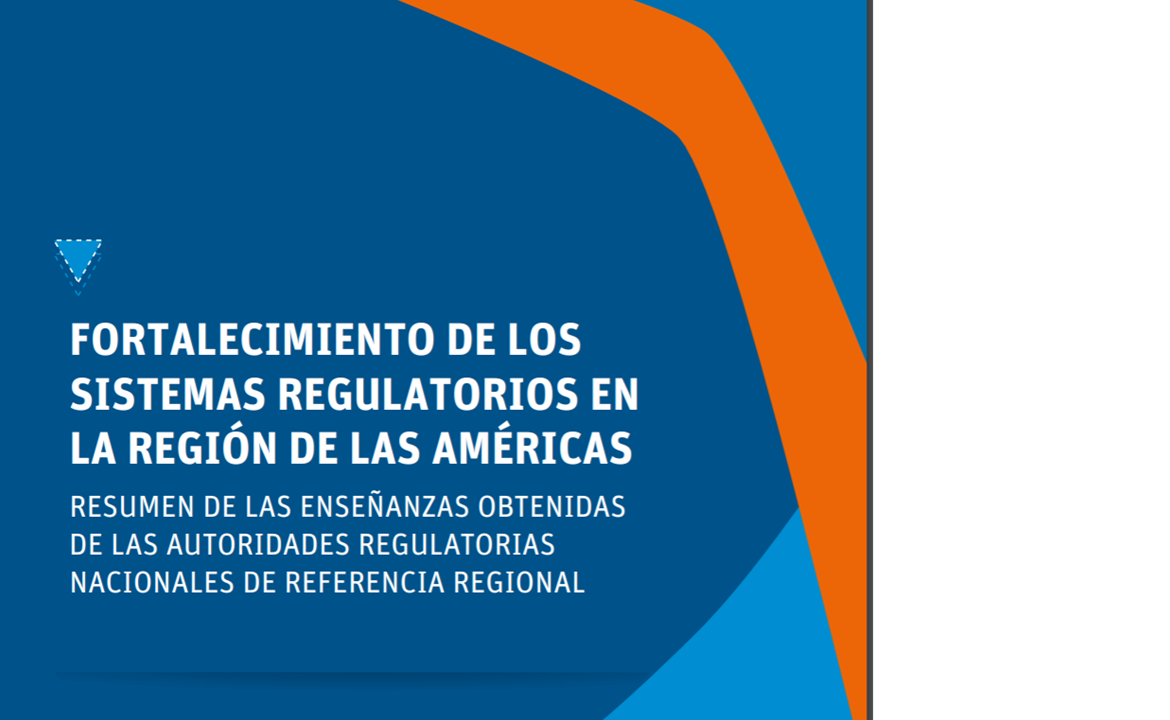
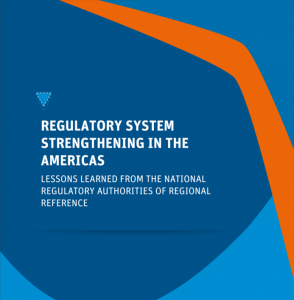
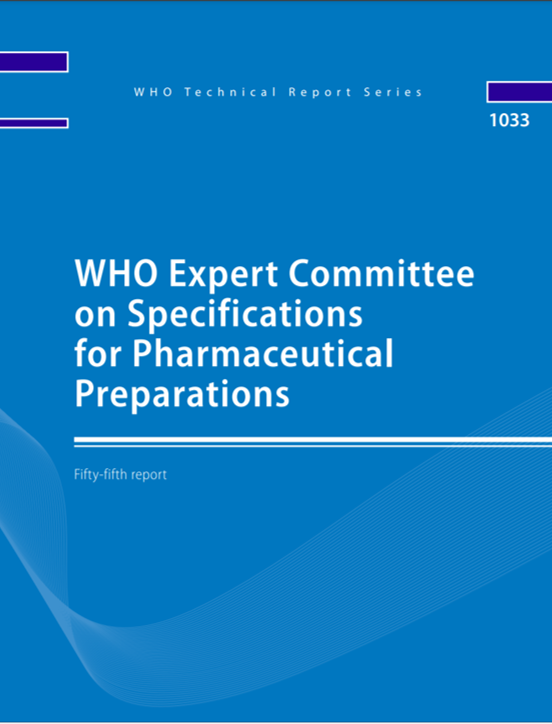
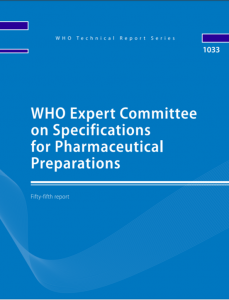 The 55th WHO Expert Committee on Specifications for Pharmaceutical Preparations (ECSPP) is now available at:
The 55th WHO Expert Committee on Specifications for Pharmaceutical Preparations (ECSPP) is now available at: 